Users Who Spiked
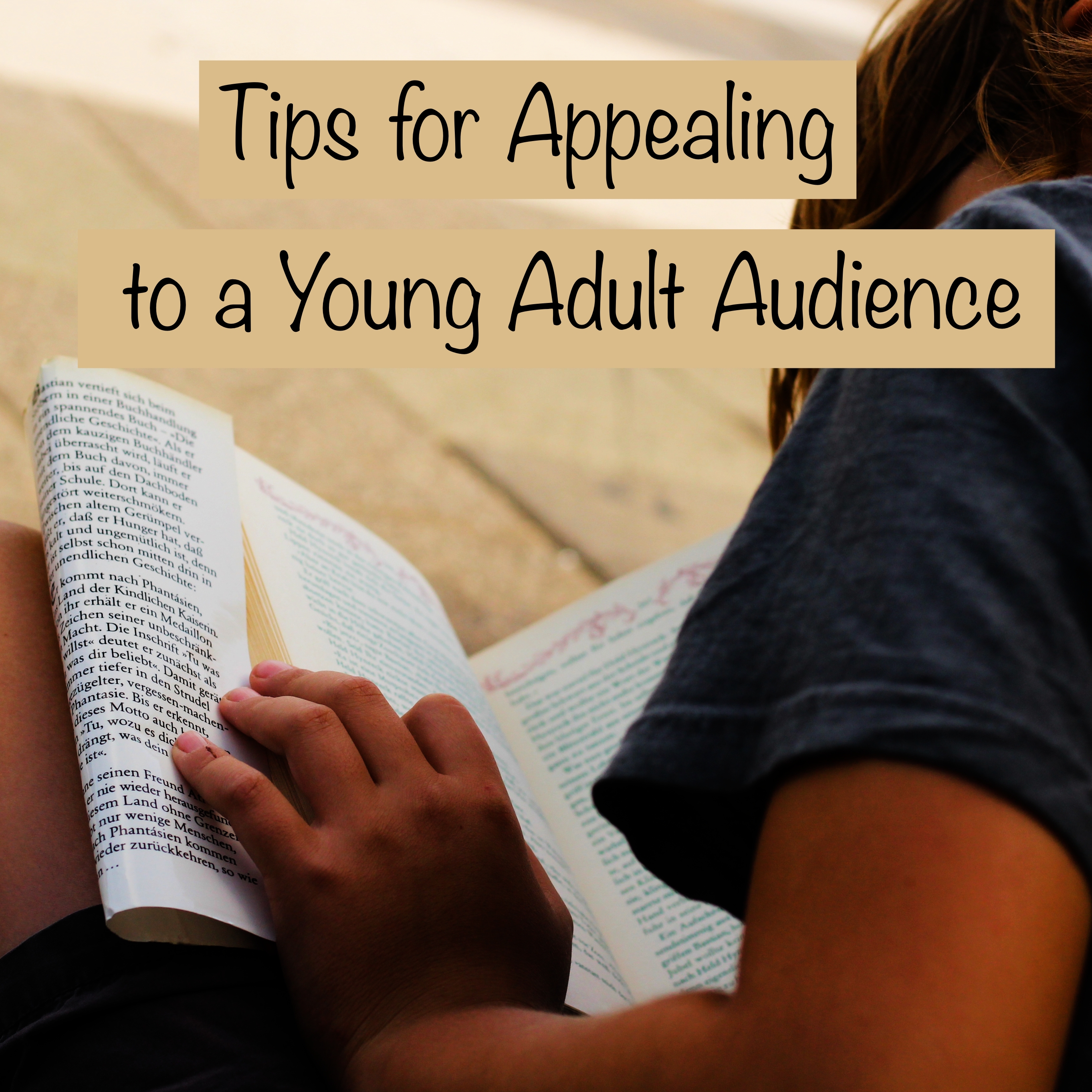
TIPS FOR APPEALING TO A YOUNG ADULT AUDIENCE
Private Notes
Private Notes
Notes
In a writing forum, an author recently asked -- how does one write from the POV (point of view) of a child? This can be a perplexing matter when the target audience is much younger than the writer. Perhaps you are reliving an experience from your preteen years that you feel would inspire others or perhaps you admire the junior youth mindset, full of energy and a passion for change. But, can you really remember how you spoke that long ago? I recently edited a young adult novel that was full of excitement and memorable characters. The only thing that put me off was that the teens kept saying things like, "please elucidate." Even though these teens were fantasy beings, the language felt way above their maturity level. If you're trying to appeal to a young adult audience, here are 3 beginner tips for engaging this age group.
1. Do your dialogue research
In the era of technology, we can access so much material representing people of all ages, and even most cultural backgrounds. To make sure your dialgoue is realistic, watch videos of youth and junior youth vloggers in the same age group as your characters. Specific searches will give your more promising leads than vagues ones, so try to focus on your characters' interests. Instead of "nerdy preteen", search a phrase like "13 year old gamer". If your characters are a blast from the past, rent several movies, documentaries, or tv series from that time frame. Immerse yourself in their world until common terminology and syntax become second nature.
2. Choose your names carefully
If you want to have authentic character names, search top baby names for the age and culture of your characters. Remember to search for popular names 12-16 years before your story takes place, based on the year your characters would have been born. If this tip sounds too obvious, try searching famous people or events that took place during the relevant time frame. Use the names you choose as a way to make your characters' backstories more intriguing. A teen name Thomas in the 1970s might be 1 of 5 in his class and have an arguement with his parents about giving him such a boring name, or the reader might find out that a side character called Libby in the 1900s was actually named Liberty after the famous statue in New York. I'm also a fan of making up your own unique names when the story takes place in a fantasy world or has science fiction elements.
3. Check your reading level
Once you've completed a storyline with dialogue and distinct characters, check for overall readability for your target audience. If your text is too simple, it'll bore the reader. If it's too complicated, the reader will become frustrated or simply skip over terms. Though I'm all for teaching readers a few carefully selected new words, or amusing words relevant to a different language or time period, it's a waste of your time and creative energy to pen eloquent language that your reader won't actually appreciate. Sign up for a service, such as Lexile, that will assess your text and indicate the reading level. Reading level tests have different measures, so be sure to familiarize yourself with how texts are scored. Focusing on more than just vocabulary words, the test you pick would ideally analyze the complexity of your sentence structures, sentence length, and verb tenses, in giving a score.
Have you written a novel for young adults? Have another great tip for beginners?
Comments
Please login to post comments on this story
-
Great insightful tips as always Andrea! Thanks for sharing your knowledge and experience with us!
-
I feel like these are a few good technical tips, but also just not something I have ever really thought about since I've always written young adult.
-
If you want to have authentic character names, search top baby names for the age and culture of your characters. Remember to search for popular names 12-16 years before your story takes place, based on the year your characters would have been born
Never thought of this, I didn't even know they had popular names for certain age groups. -
Once you've completed a storyline with dialogue and distinct characters, check for overall readability for your target audience. If your text is too simple, it'll bore the reader. If it's too complicated, the reader will become frustrated or simply skip over terms. Though I'm all for teaching readers a few carefully selected new words, or amusing words relevant to a different language or time period, it's a waste of yout time and creative energy to pen eloquent language that your reader won't actually appreciate. Sign up for a service, such as Lexile, that will assess your text and indicate the reading level.
This was such a great tip.The part where you talk about too simple and too complex, I remember in one of my advertising classes my professor has this acronym K.I.S.S. (Keep it simple Stupid), where he wanted us to have a clear and concise message, and to not be convoluted. However, he later mentioned that messaged shouldn't be too simple, like a riddle where you basically hint at the answer because it makes it more interesting if you let the audience figure it out, it's engaging. He said the audience will potentially get offended if you help them out because they're more clever than you may think. Thanks for the service suggestion. I'll look into Lexile, and share it with my other writer friends.





















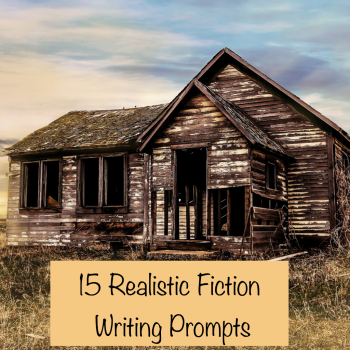

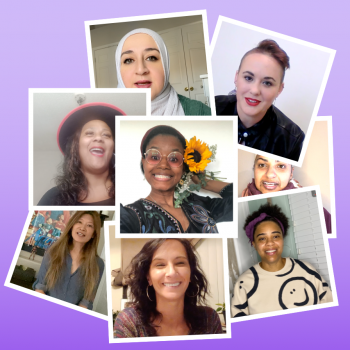

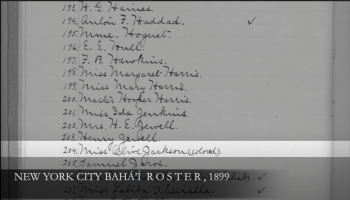



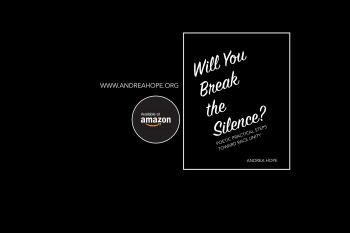
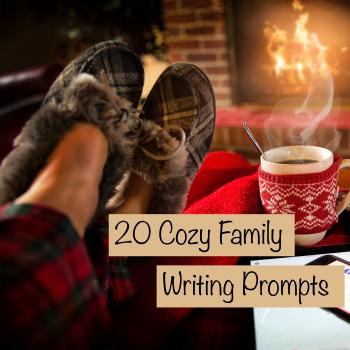





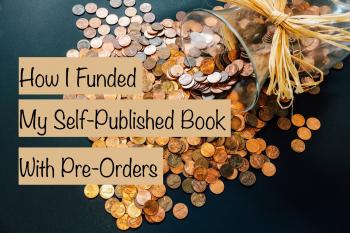

Hey Kiersten, this was inspired by someone who posted on Instagram that they had trouble making realistic young adult characters. What other tips would you share for someone starting out?